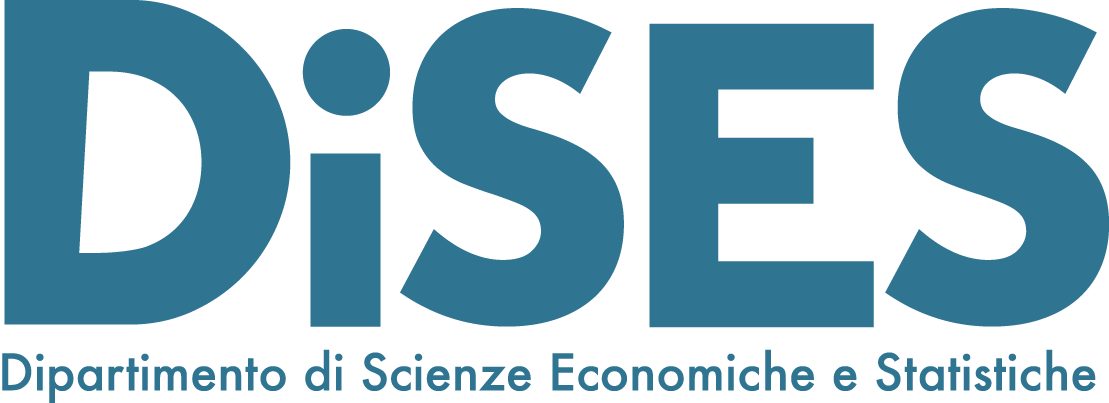

The program offers a solid knowledge of the fundamental models of labor and development economics.
Students will gain a comprehensive understanding of the functioning of labor and development policies, as well as expertise in evaluating their outcomes using appropriate methodologies.
Upon completion of the program, students will possess the necessary skills to apply theoretical and empirical tools to address specific issues in both development economics and labor economics.
All courses are accessible in asynchronous mode through outstanding academic and interactive video lectures, in-depth readings, links, quizzes and learning activities. At the end of each course or program it will be possible to gain a certificate.
This program is part of a series that includes two other programs in Economics and Finance: "Finance" and "Market Analysis". The program is designed in collaboration with the Department of Economics and Statistics (DISES) of the University of Naples Federico II.
What you will learn
- Understand the main models used to study the problems of economic development and the labor market.
- Acquire a theoretical and applied knowledge of methodologies for the analysis and evaluation of public policies.
- Apply theoretical and empirical tools to analyze policies for economic development and public interventions in the labor market.
- Master software programs needed to build, manage and analyze large databases.
Courses
Methods for Data Analysis
Master data analysis and statistical modeling for economics and finance. Learn advanced techniques & R.
Microeconometrics
How does the cause and effect relationship works in economics: Master the ability to answer fundamental questions with the most used methods.
Labor Economics
Learn how labor market works, get the tools for analyze the trend of wages and employment
Development Economics
Learn about poverty, social protection, financial services and income generation using micro-economic tools and real-world case studies.
Tools for Data Analysis
A practical manual for data analysis in finance: the most in-demand programming languages for data science and lots of practice.
Instructors
 |
Pietro Coretto Associate Professor of Statistics, University of Salerno |
|---|---|
 |
Roberto Nisticò Associate Professor of Economics, University of Naples Federico II |
 |
Annalisa Scognamiglio Associate Professor of Economics, University of Naples Federico II |
 |
Monica Langella Assistant Professor of Economics, University of Naples Federico II |
|
|
Mattea Stein Assistant Professor of Economics, University of Naples Federico II |
|
|
Luca Coraggio Research Fellow of Economics, University of Naples Federico II |
|
|
Michele Giannola Research Fellow of Economics, University of Naples Federico II |
 |
|---|
|
The Department of Economics and Statistics (DISES) at the University of Naples Federico II has a long tradition in training students interested in pursuing a career in academics, policy institutions and the financial industry. The Department currently offers a BA and a MA in Economics, a BA and MA in Finance, a MSc in Economics and Finance (MEF) and a PhD in Economics. Both the MEF and the PhD programs are entirely English-taught. Faculty members work on all major areas of microeconomics, macroeconomics, finance, statistics and mathematical economics. The Department also hosts the Center for Studies in Economics and Finance (CSEF), with which it is fully integrated in research and graduate teaching. |



